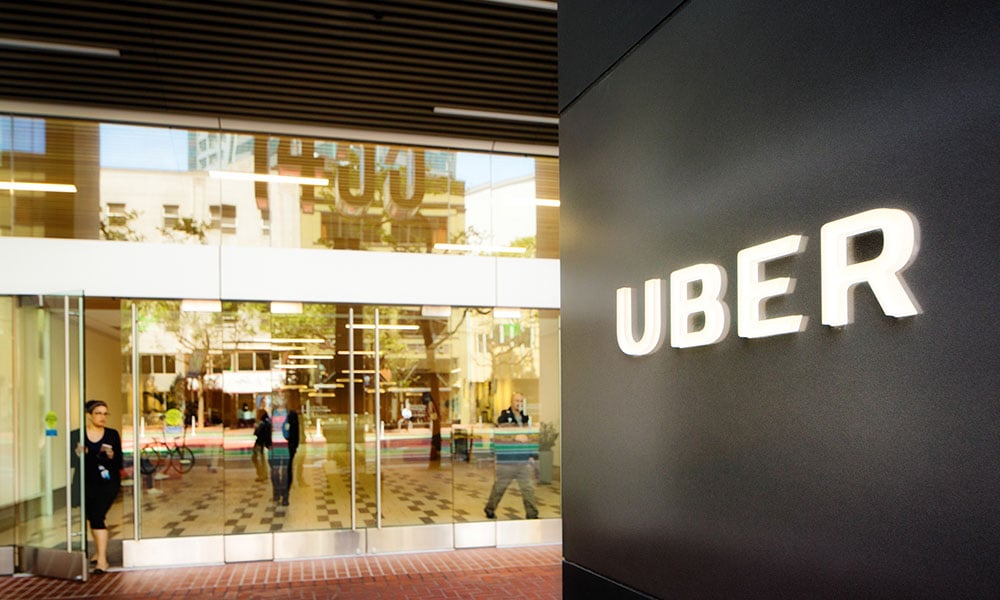
The case could've been instrumental for the gig economy in Australia

Key takeaways
Uber has avoided a landmark ruling in the federal court by settling a case against a delivery driver who claimed she was unfairly dismissed.
The settlement comes amid debate as to whether those working for gig employers like Uber should be reclassified as employees, rather than independent contractors.
The case brought by Amita Gupta could have set a precedent in Australia over the status of gig workers.
After working as a delivery driver between September 2017 and January 2019, Gupta claimed she was unfairly dismissed after being late with a delivery.
She took her complaint to the Fair Work Commission last year but the regulator ruled it could not hear her case because she was an independent contractor, not an employee.
Backed by the Transport Workers Union, she appealed the FWC rulings in federal court.
Uber’s legal team continually denied attempts to categorise the Silicon Valley company as an employer during the federal court hearing in November.
Read more: Workers compensation legal test on the horizon for gig economy employers
Lawyer Ian Neil SC said there was "no relationship of employment" between Gupta and Uber, describing workers as “delivery partners”.
He was met with tough questions from the judges as they tried to push Uber into giving a factual breakdown of its relationship with workers.
They argued the relationship was not a theoretical issue up for debate and that most customers would associate riders and delivery drivers with Uber’s brand.
"Everybody knows what function Uber plays. The restaurant's function is to prepare the food. Uber's function is to deliver the food; isn't that right?" Justice Mordecai Bromberg said.
After the November hearing, the judges retired to consider their verdict but before they had a chance to publish, Uber settled for a confidential sum.
A spokesman for Uber told HRD: “We welcome the resolution of this case and look forward to continuing our efforts to improve the quality of independent work in Australia.
"Uber Eats has previously won this case in two hearings before the Fair Work Commission, a specialist employment tribunal, including before the Full Bench which comprised the three most senior members of the Fair Work Commission, including the President.
“87 percent of delivery partners tell us they value the freedom and flexibility the Uber app provides.”
The debate around the status of gig workers has been raging in Australia for some time with the TWU continuing to push for a federal ruling.
Companies like Uber argue that workers enjoy a level of flexibility and autonomy over their working hours that wouldn’t be possible from a traditional employer.
But the unions argue gig employers should be subject to the same legal requirements as employers, like minimum wage, rostered hours and statutory workers compensation.
TWU National Secretary Michael Kaine slammed Uber’s arrangements with its workers as “ridiculous and farcical”.
“It is clear from the court hearing that Uber was on the ropes and a settlement with its former delivery driver Amita Gupta was the only option left to the company in the face of a potential judgment which would have utterly altered how the company and other gig economy companies operate in Australia,” he said.